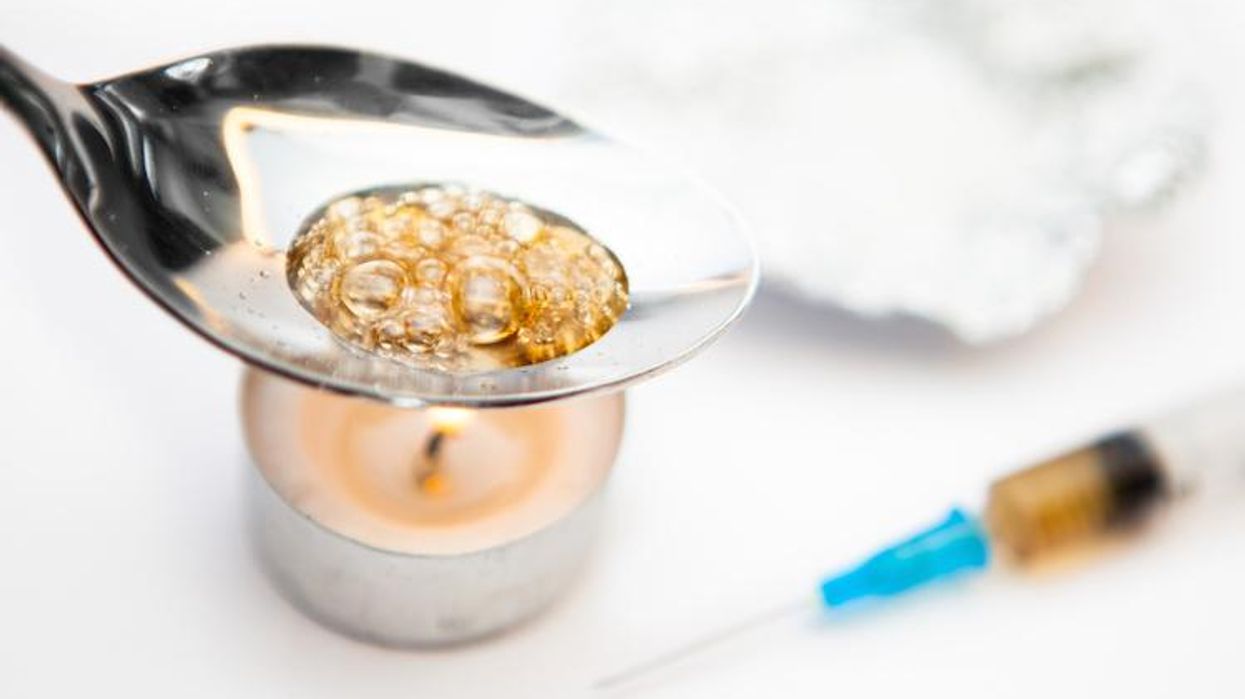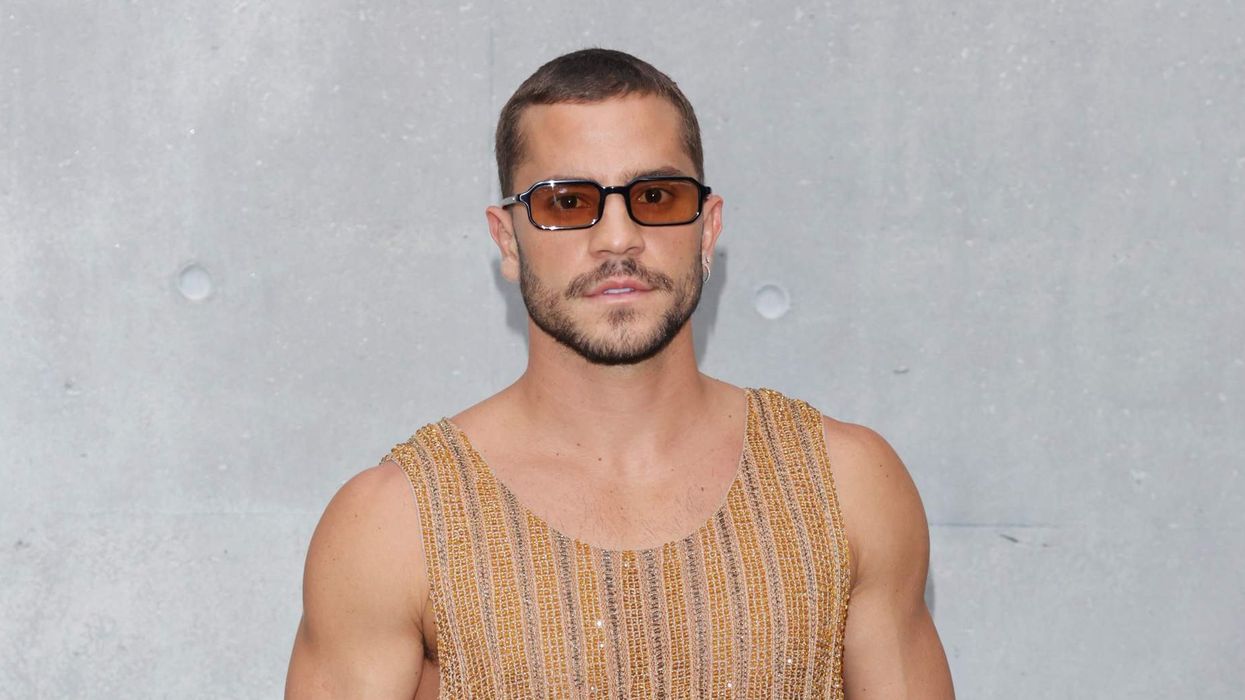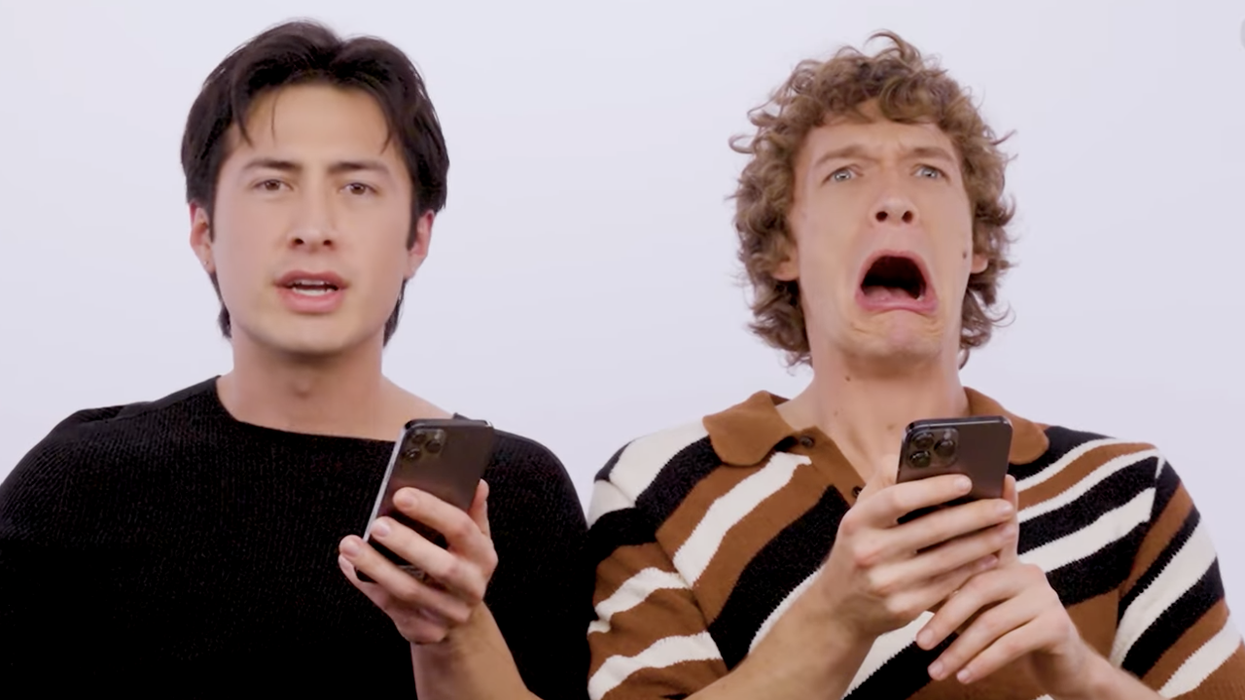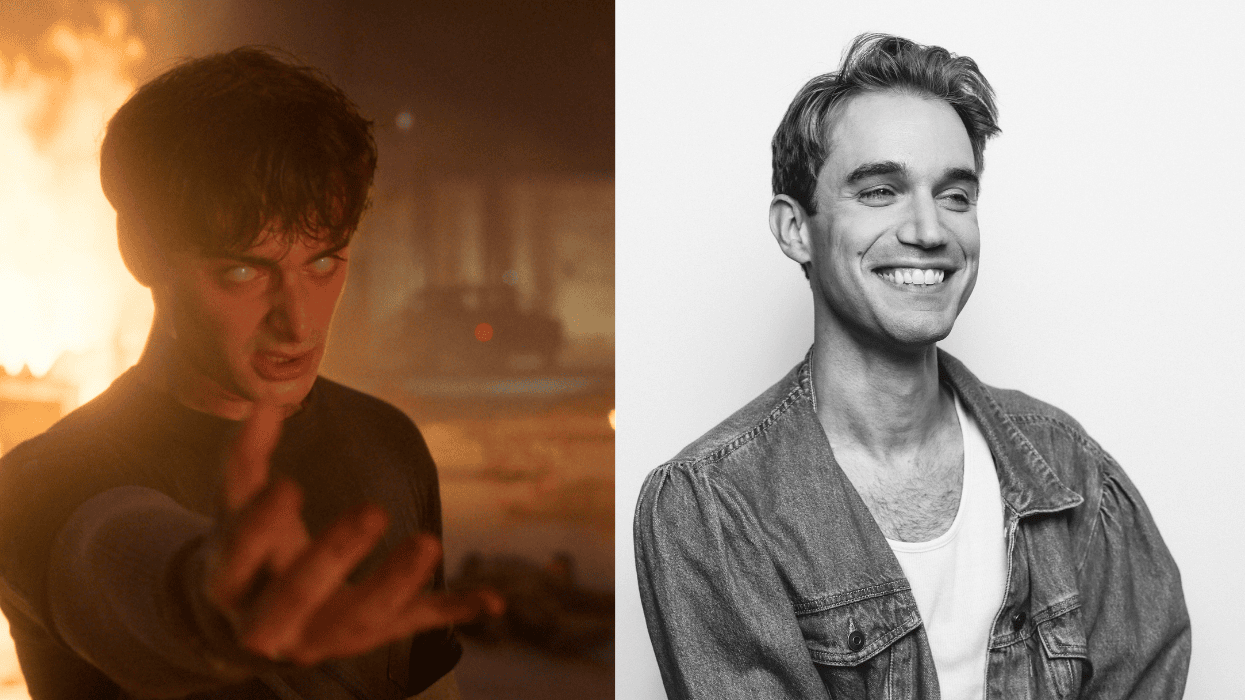Life has many ironies. Mine happened, as I was an understudy for a Broadway production, when the specter of relapse hit me. The words still echo in my ears. After the chorus sang, "Everybody must get stoned," I quickly ran into the bathroom, pulled out a spoon and syringe, cooked up and shot up, and felt the opiate lick two years of recovery off my bones. I drifted off into an unconsciousness I knew too well and woke up to the song "Knocking on Heaven's Door" coming from the loud speakers. I knew if I ever survived this hell and insanity, I would write my own story to help others avoid this insidious seductive trap, and I did, in my memoir, Acrobaddict, which details my descent from an Olympic hopeful to a homeless heroin addict, and back to a Cirque du Soleil performer.
Having always seen myself as an outsider, one who never truly fit in, I believed my drug of choice, heroin, was unique. Dexter had his "Dark Passenger" as I had mine, my dark secret. I had known a few gay and lesbian heroin addicts, but I believed we were on the fringe. I thought, as most seemingly do, the drugs of choice in the gay community were club drugs: ecstasy, ketamine, cocaine, etc. I had problems with many substances previously to heroin, as I was a raver in the '90s taking E, crystal, K, acid, and a lot of prescription drugs, but found my true romance in heroin. It was a comfy fit to my prevalent addictive personality because as a painkiller it eradicated all my physical and emotional pains, blotting out an entire past of being bullied, shamed, and unaccepted for my sexuality. Heroin seems to seduce those who have been shut out by society, and many in the LGBTQ community have been targeted at some point in their life. My addiction was not in any way caused by my sexuality, but it definitely progressed a problem by adding gasoline to an already burning fire.
Heroin use is on the rise, not just within the country but also in the gay community. "Heroin is making a big-time comeback," NYPD Police Commissioner Bill Bratton expressed to the Daily News, and the Center for American Progress states that up to 30 percent of gay and transgendered people abuse drugs in comparison to about 9 percent of straight people, and gay men are 9.5 times more likely to use heroin. Brian Hurley, an addiction psychiatrist and doctor of addiction medicine states, "...there is solid evidence from national population-based survey data that demonstrates lesbian, gay, and bisexual Americans are at increased risk for substance use disorders." This is a fact that most of us in the community already know but with the rise of heroin use as a whole throughout the country, we are more susceptible to its seduction.
Most of us have been privy to the dangers of using alcohol and other drugs, but we still use them because they're fun and can eradicate or alter emotion, turning a mundane Sunday into a party. But nobody anticipates addiction, and heroin's love song often makes the user a slave to its demands. Even though most drugs have deadly side effects, overdoses among heroin users have grown to monstrous proportions. In the latest national statistic report from the Center for Disease Control and Prevention (CDC), it was noted that "From 2000 through 2013, the age-adjusted rate for drug-poisoning deaths involving heroin nearly quadrupled from 0.7 deaths per 100,000 in 2000 to 2.7 deaths per 100,000 in 2013."
I just celebrated eight years clean from all substances last month, and it took me a lifetime to get into recovery. When talking with Dr. Hurley, I asked what he thought the best method of recovery is. He explained, "As everyone is unique, everyone has a unique path to recovery. Some people's lives are transformed in twelve-step based mutual self-help treatments, others find recovery through therapeutic communities, some use SMART recovery, and others make good use of a professionally led cognitive behavioral therapy focused on relapse prevention. There is no single way, and if someone is working a program of recovery that works for him or her, then that is the best method for that person."
It is extremely difficult to advocate recovery, and sometimes in the gay community it can feel like a handicap. I will never tell people not to experiment because experimentation is a part of being a human, but what I can do is let people know that if they find themselves in a dark place there is a way out. The self created prison of addiction tells its captive that there is no escape or way out, but addiction is the only jail cell where the key is on the inside, and all I can do in many cases is express to people not to believe the lie that there is no hope. It is possible to recover from addiction, even though the brain expresses otherwise. If you are out there and addicted, I urge you to try and fight, your life is worth it, and you never know the person you could become once the veil of darkness has been removed.
"The darkest of men carry the brightest of lights." (Acrobaddict, 2013)
Watch the book trailer for Acrobaddict below:






























